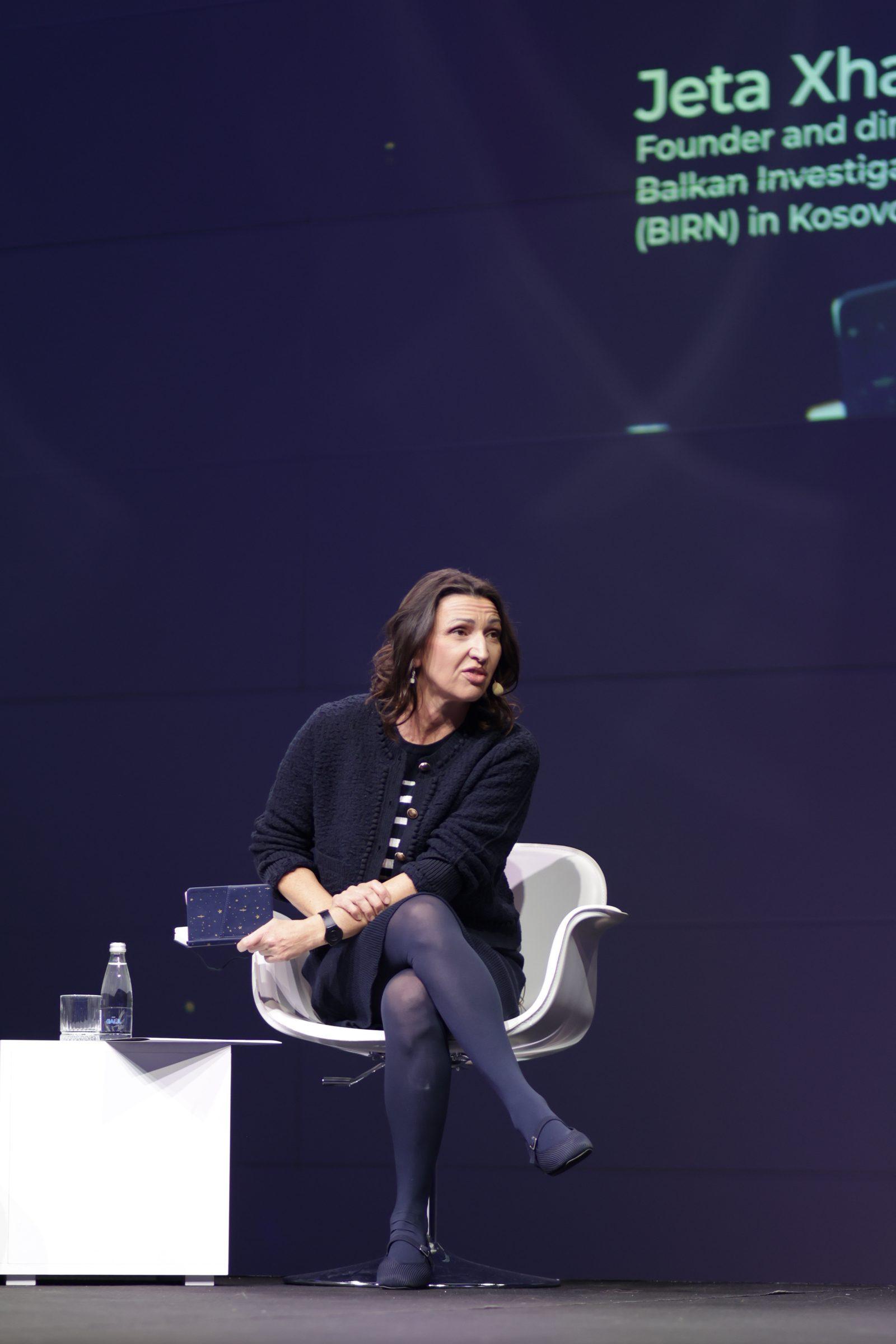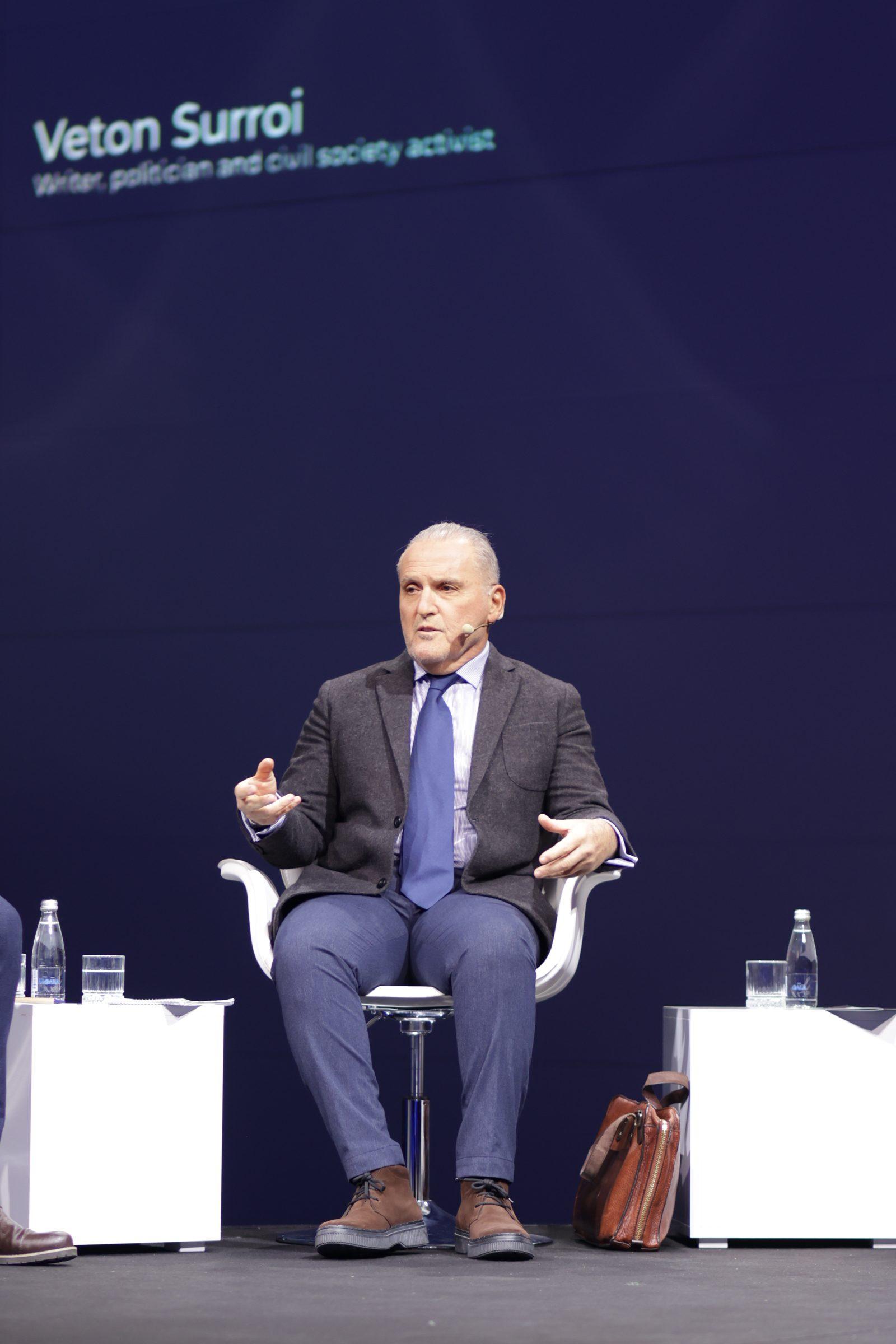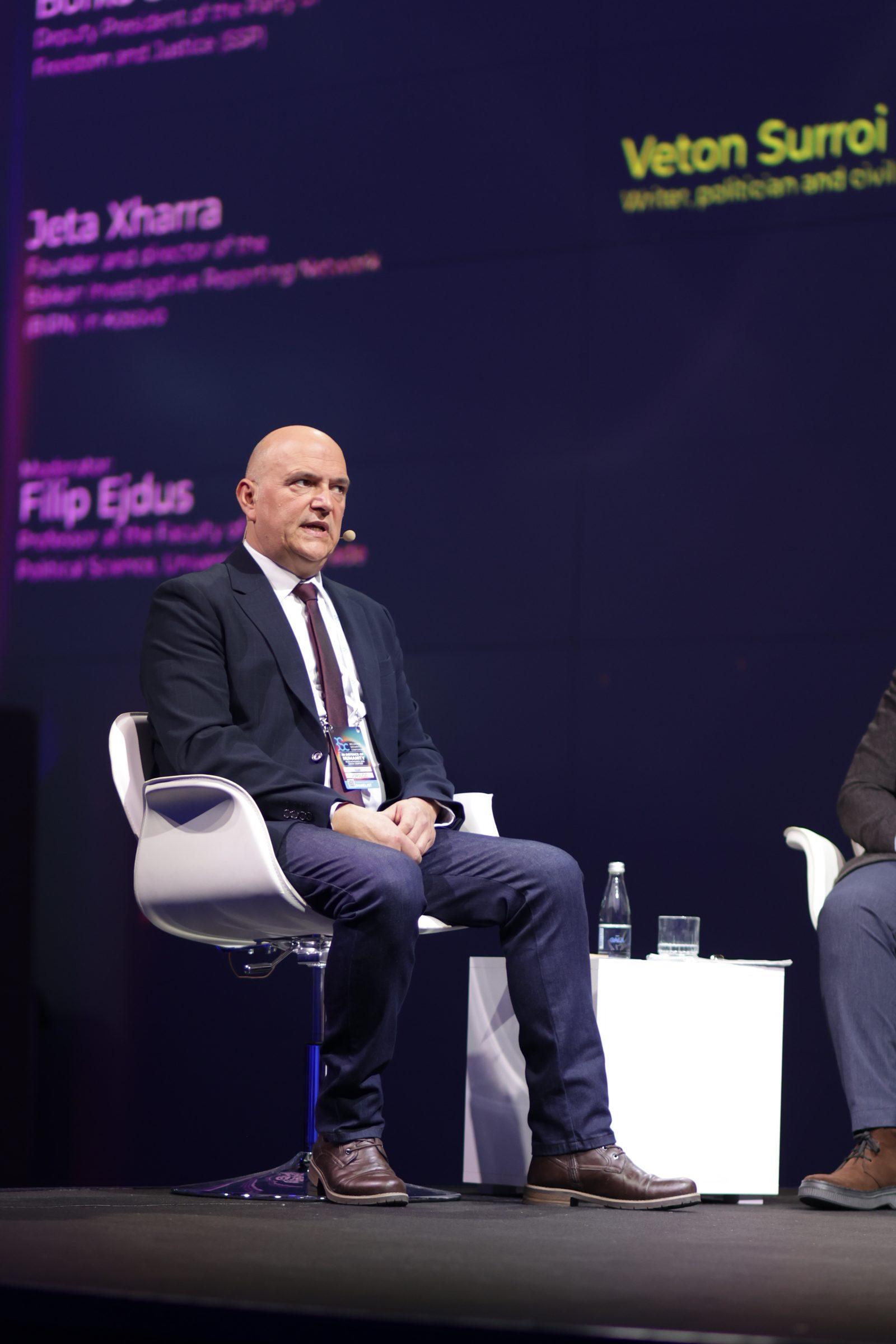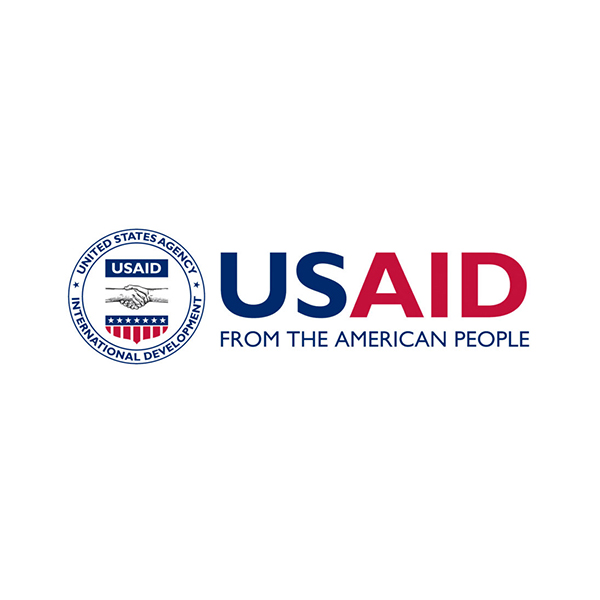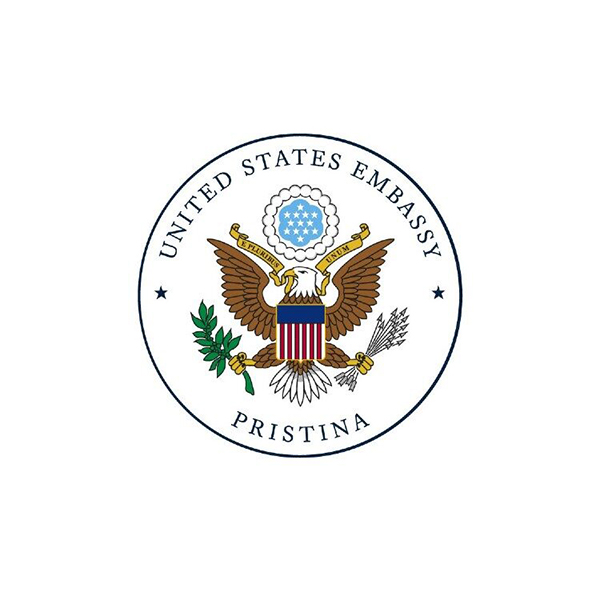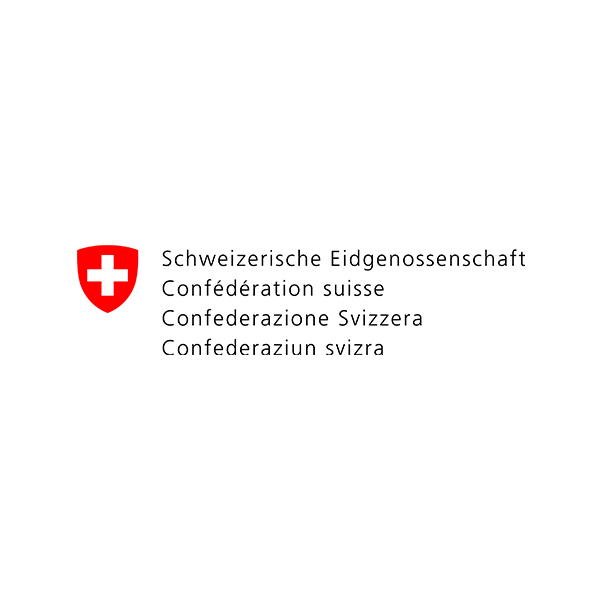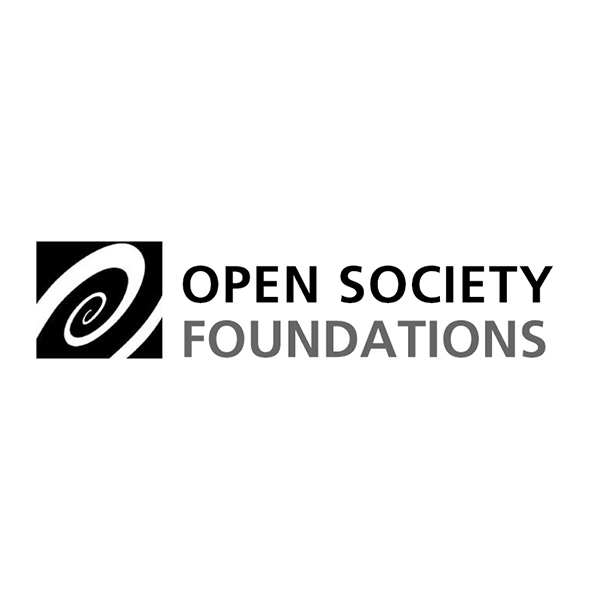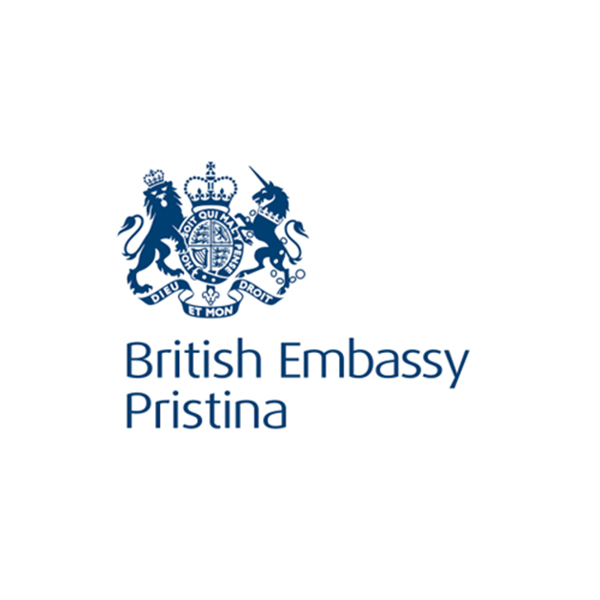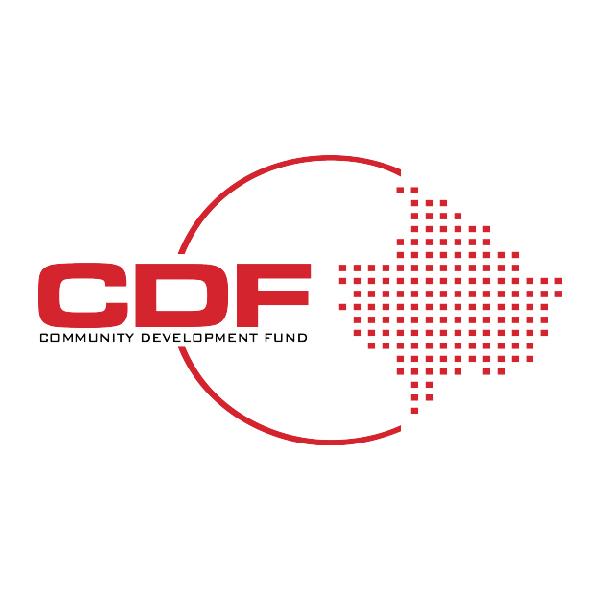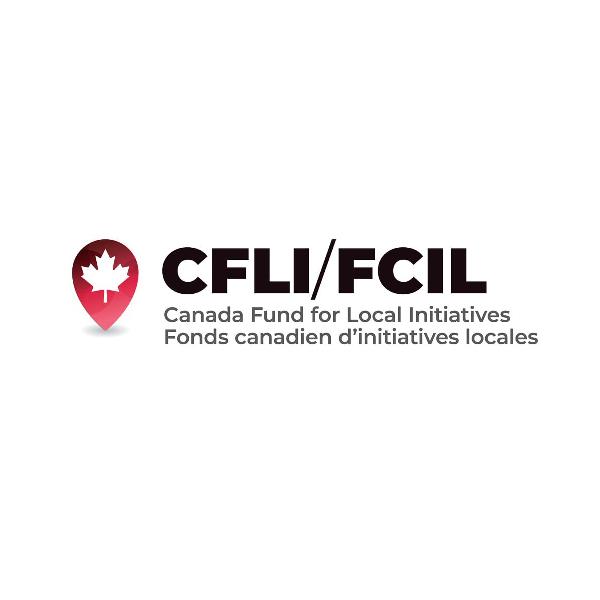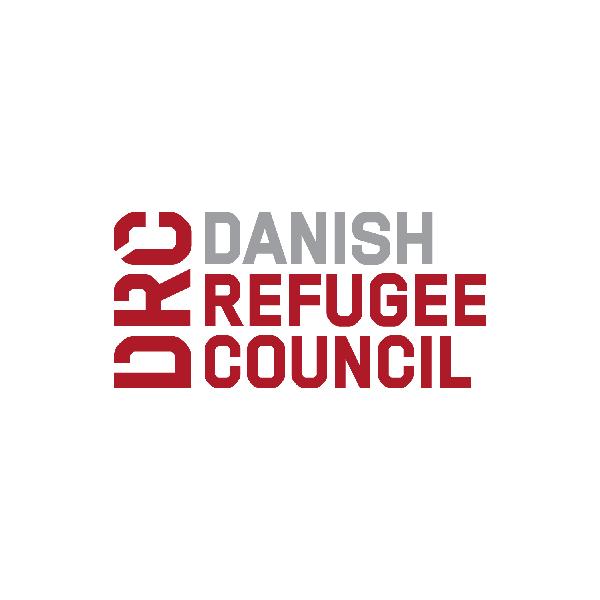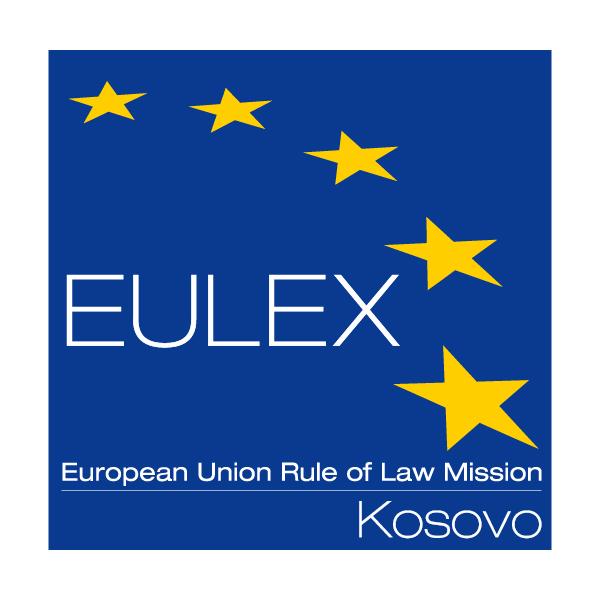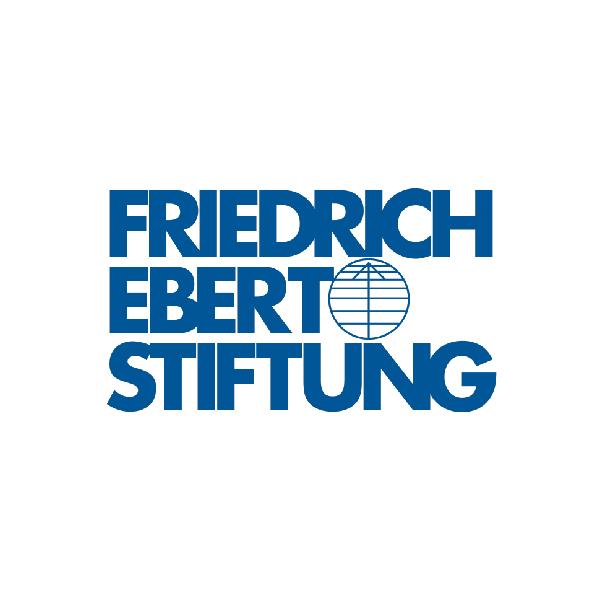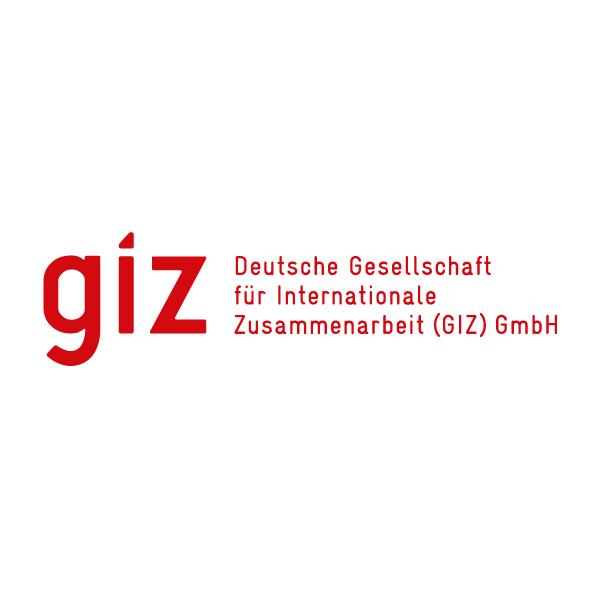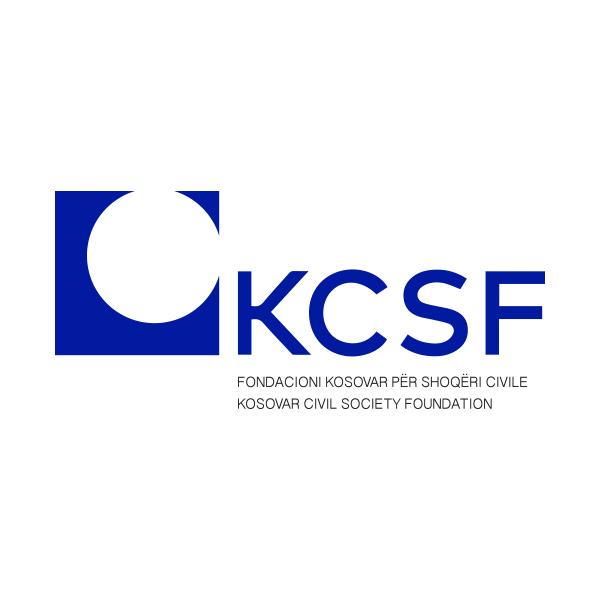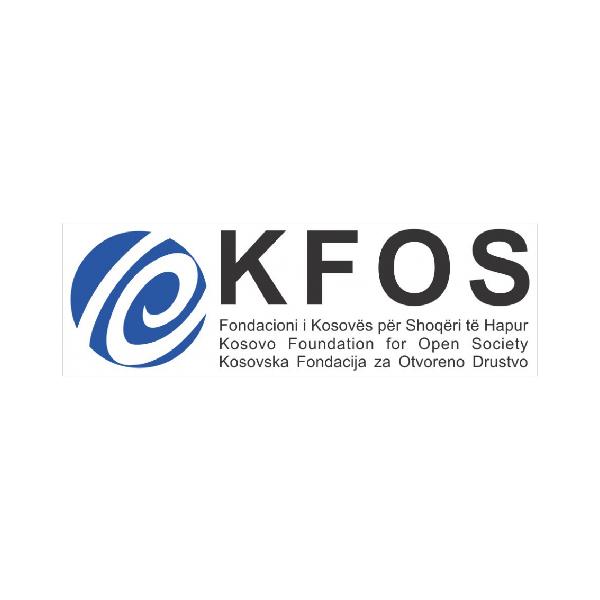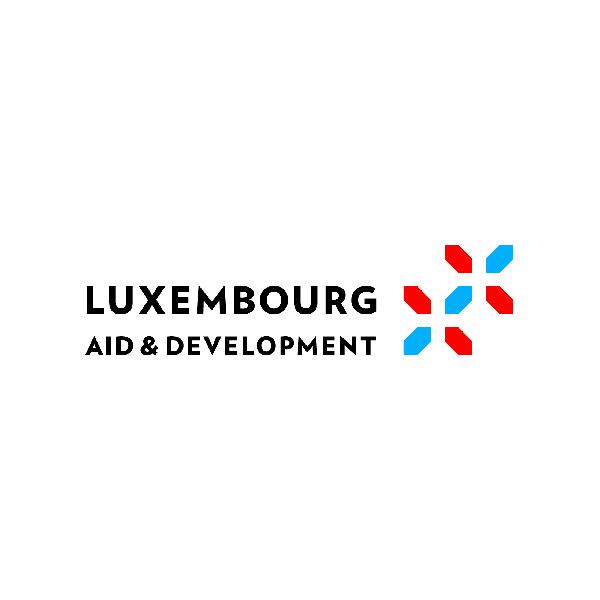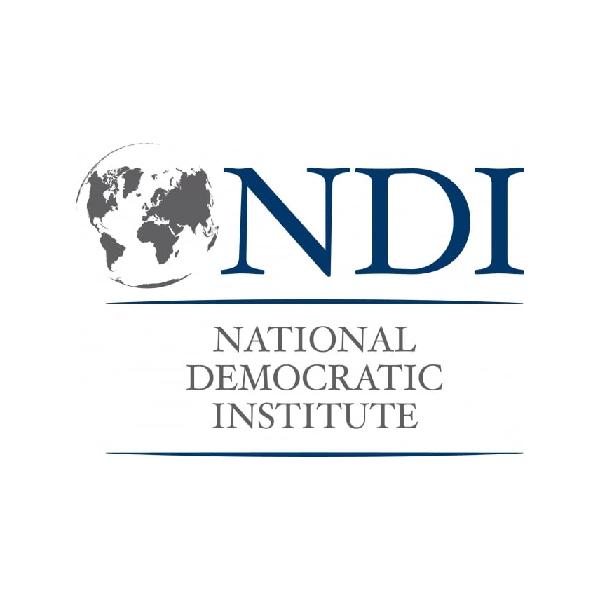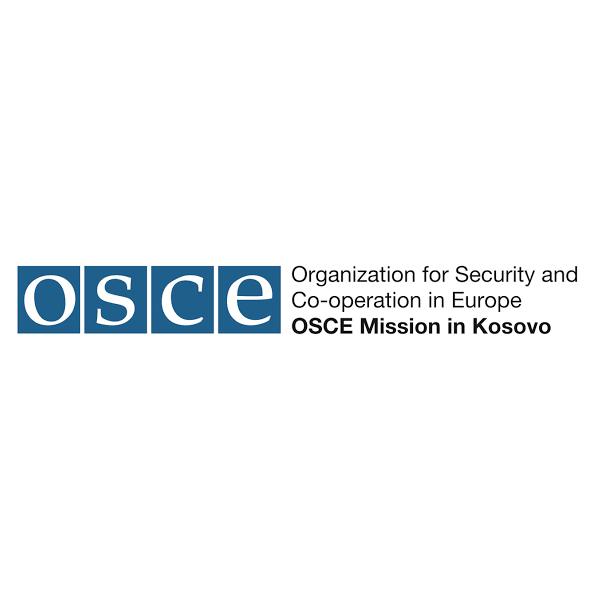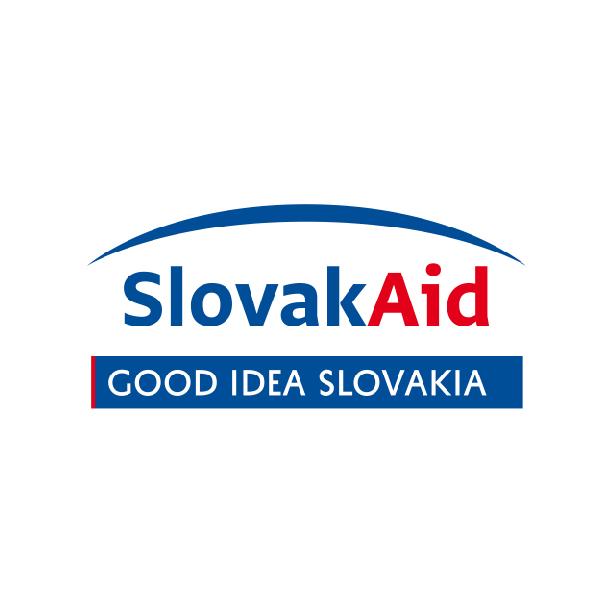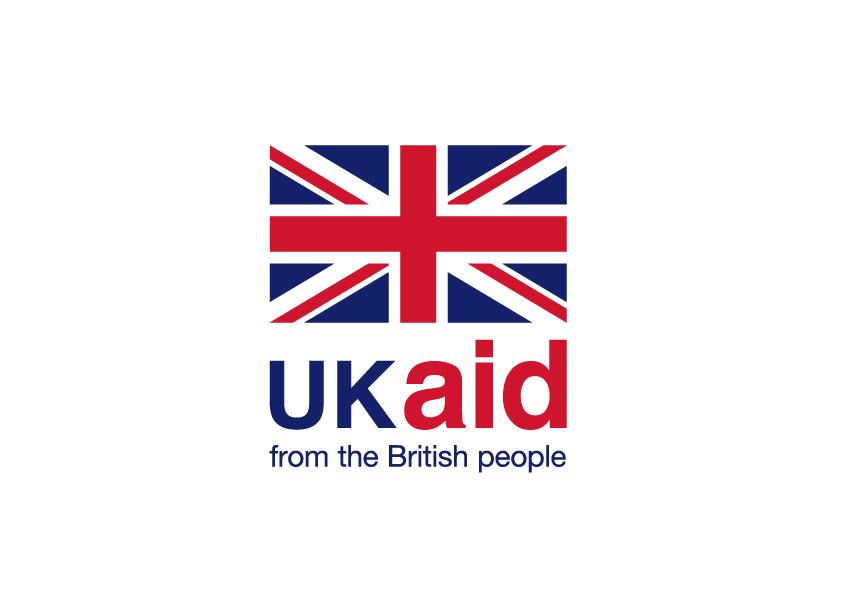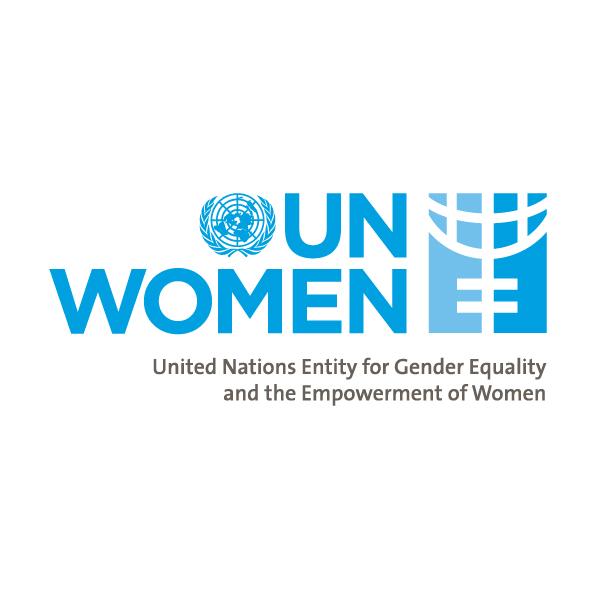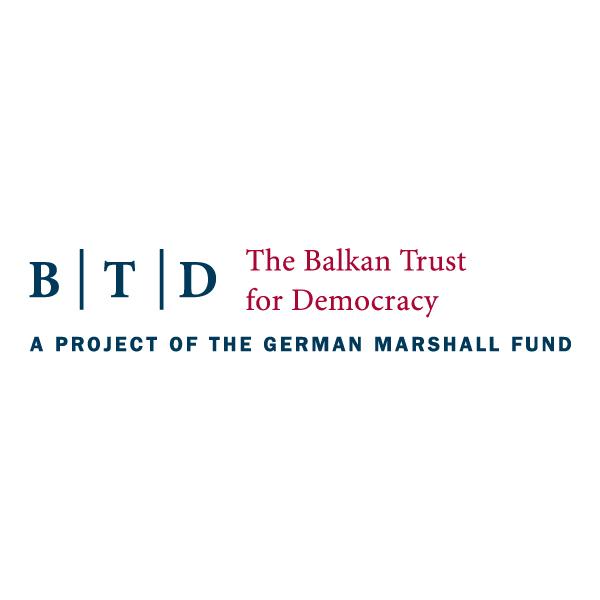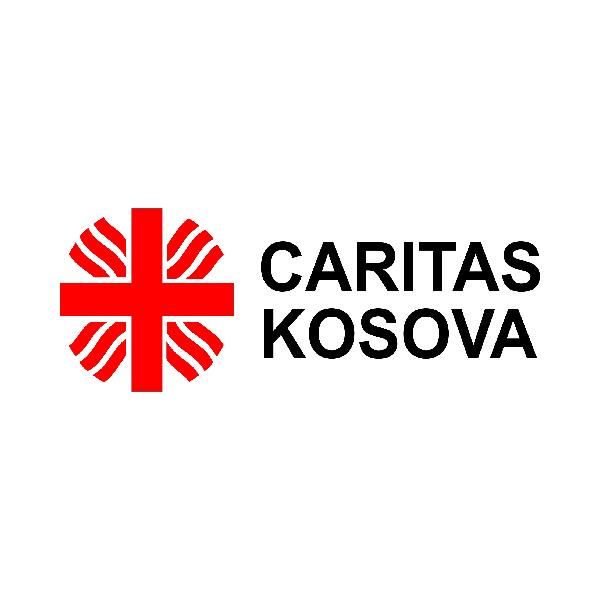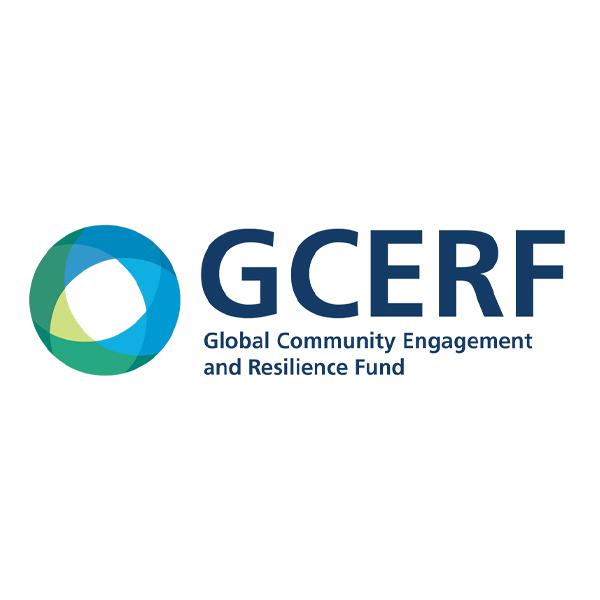As part of the Belgrade Security Conference held at the Sava Center in Belgrade, the NGO Aktiv panel, held on November 20, evaluated that the dialogue between Belgrade and Pristina is entering a critical phase, facing serious challenges and disagreements, particularly regarding the position of Kosovo Serbs and the implementation of the agreements reached.
During the panel titled “Unraveling the setbacks and missed opportunities: Charting the way forward in Belgrade-Pristina dialogue”, participants discussed the barriers and missed opportunities in this process, with a focus on security challenges and possibilities for advancing the negotiation process.
Panelists included Serbia’s former chief negotiator and MP from the Party of Freedom and Justice (SSP), Borko Stefanović; writer and activist Veton Surroi; and journalists Jeta Xharra and Isak Vorgučić. The panel was moderated by Filip Ejdus, a professor at the Faculty of Political Sciences in Belgrade.
It was emphasized that the actions of Serbian and Kosovar authorities, along with global geostrategic developments, represent serious obstacles to progress in the dialogue. Therefore, concrete solutions are needed to enable genuine normalization of relations.
Writer and human rights activist Veton Surroi pointed out that the dialogue process between Kosovo and Serbia has always been marked by “constructive ambiguity,” which has failed to produce concrete results. According to Surroi, solving the Kosovo issue requires thinking “outside the box” and establishing a “shared security environment.”
“The dialogue has gone through three phases: practical issues, issue of territorial exchanges, and now the Brussels and Ohrid Agreements. For Kosovo, these signify de facto recognition; for Serbia, they are selectively implemented; and for the EU, they represent a legal obligation under Chapter 35 for Serbia and the Stabilization and Association Process for Kosovo. As global geopolitics shift, it’s time to rethink the next steps for progress,” he stated.
Journalist Jeta Xharra from Pristina highlighted serious obstacles in implementing agreements, particularly noting that Kosovo is being penalized for failing to establish the Association of Serb-Majority Municipalities.
“This Kosovo government is unwilling to establish the Association of Serb-Majority Municipalities, but the previous governments since 2013 were also reluctant because the public in Kosovo believes that other priorities from the dialogue must be implemented first. The fear is that this would create another Republika Srpska,” Xharra said.
Discussing the sentiments and expectations of Kosovo Serbs, Isaak Vorgučić, director of KIM Radio Television, stressed that they are, on one hand, emotionally connected to Serbia, but on the other, there is a perception among Kosovo’s Albanian majority that Serbs are unwilling to adapt to the “new reality.”
“I think that Serbs in Kosovo have adjusted to the new circumstances. Many of them hold dual citizenship. However, emotional ties to Serbia remain strong. Dialogue and agreements, such as the Association, must ensure the provision of basic services and support integration,” Vorgučić said, adding that he hopes an agreement between Belgrade and Pristina will allow the continuation of services previously provided by Serbian institutions in Kosovo.
Former negotiator in the Belgrade-Pristina dialogue and deputy leader of the opposition Party of Freedom and Justice (SSP), Borko Stefanović, stated that “Serbs in Kosovo are treated as enemies of the state,” while in Belgrade, they are treated as a “voting machine.”
“Kurti is unwilling to form the Association, just as Aleksandar Vučić does not want Serbia to truly become a member of the EU. So, we have two autocrats. Vučić and Kurti enable each other, while Kosovo Serbs pay the price,” Stefanović said. He added that it resembles a “continuation of the struggle between two national projects, with no room for human rights and the rule of law.”
“To achieve progress, it is essential to enable all citizens, including Kosovo Serbs, to participate in institutional processes and exercise their rights, especially through election participation,” Stefanović said.
The panelists concluded that all factors point to the necessity of intensifying the dialogue and making concrete changes in approach to enable true progress for all citizens, regardless of their ethnic background.
The panel was held as part of the Belgrade Security Conference, with support from the National Endowment for Democracy (NED).


